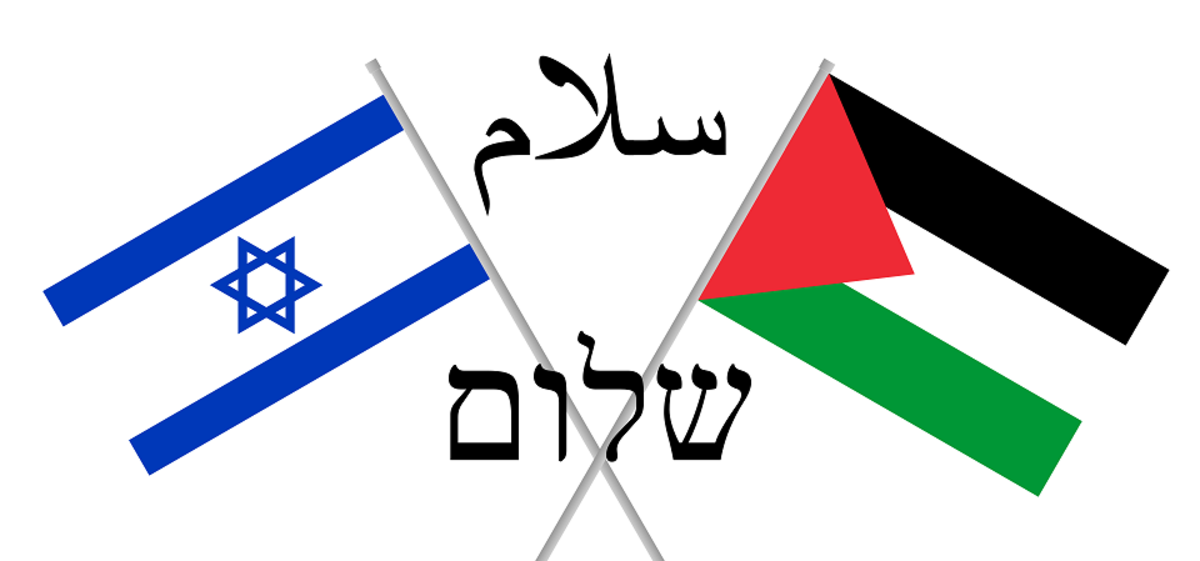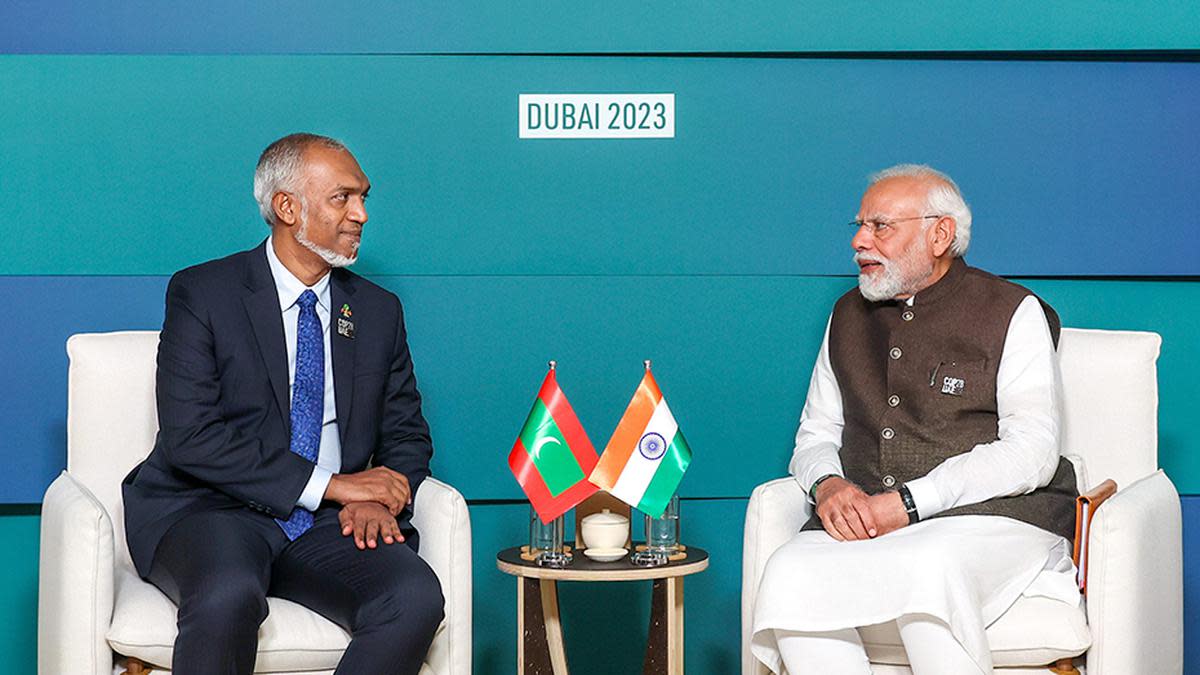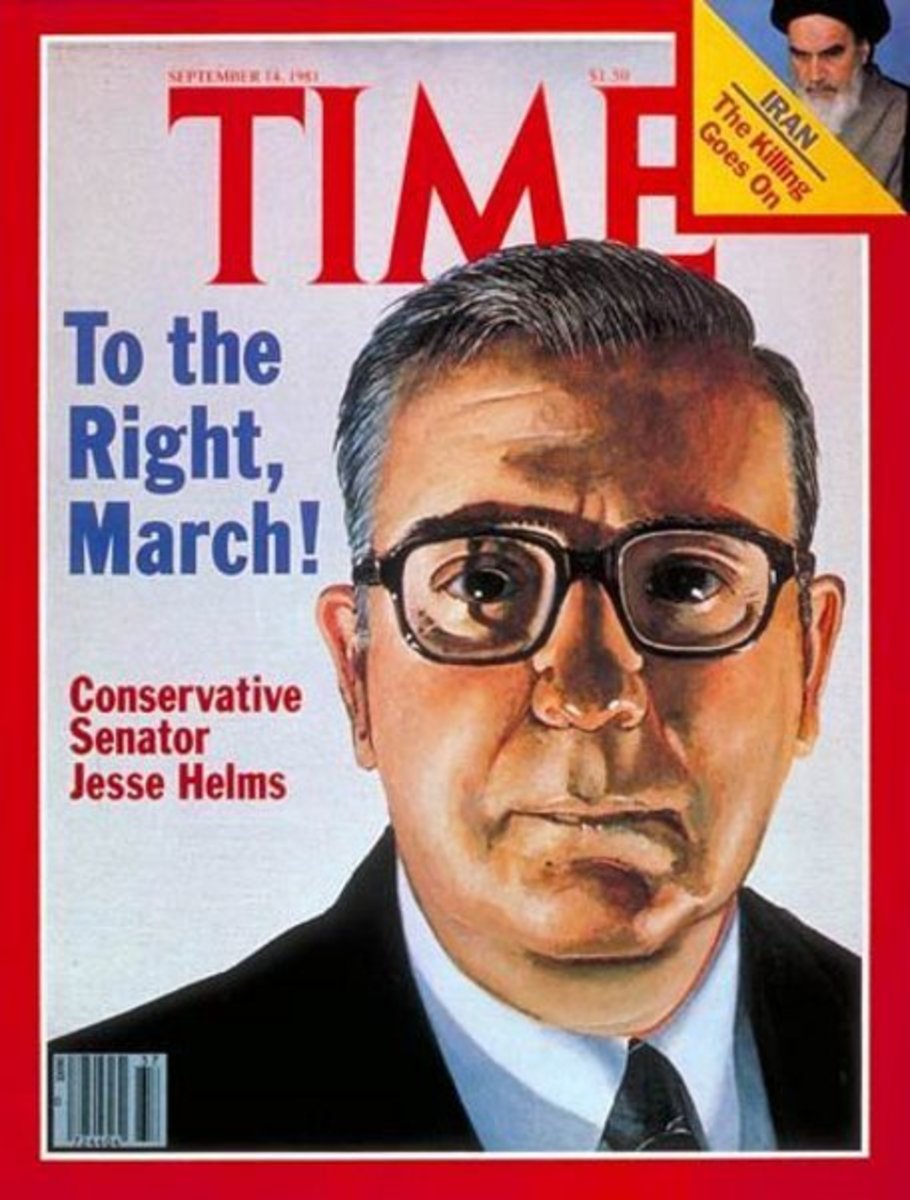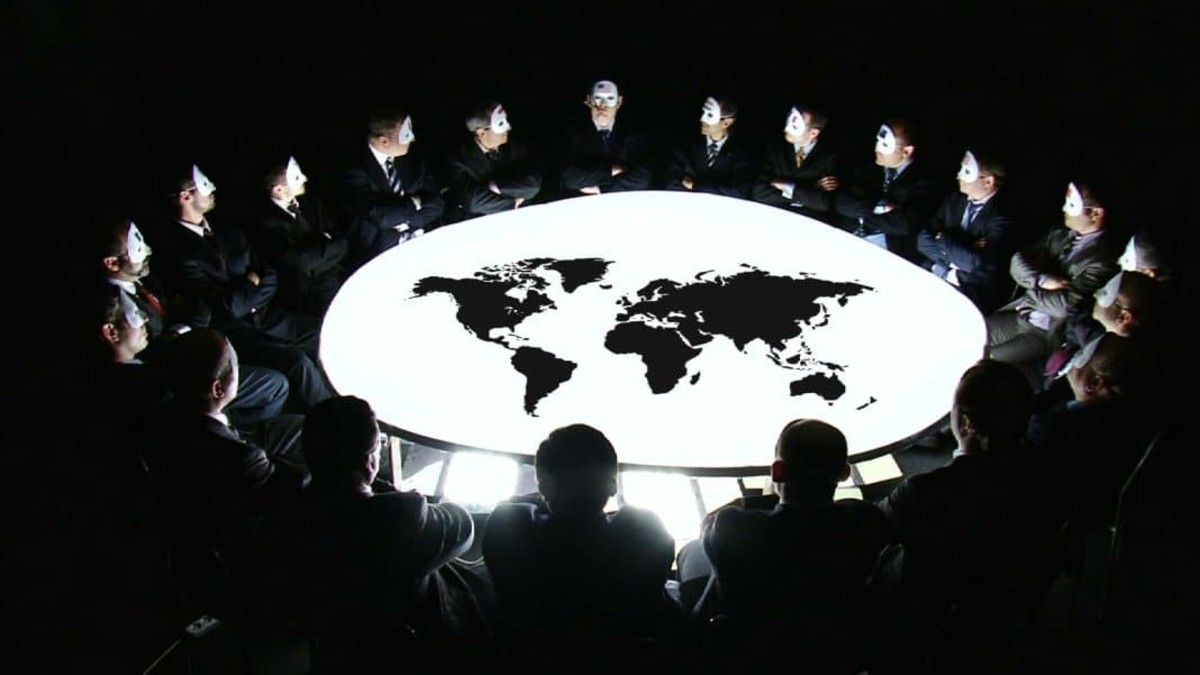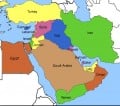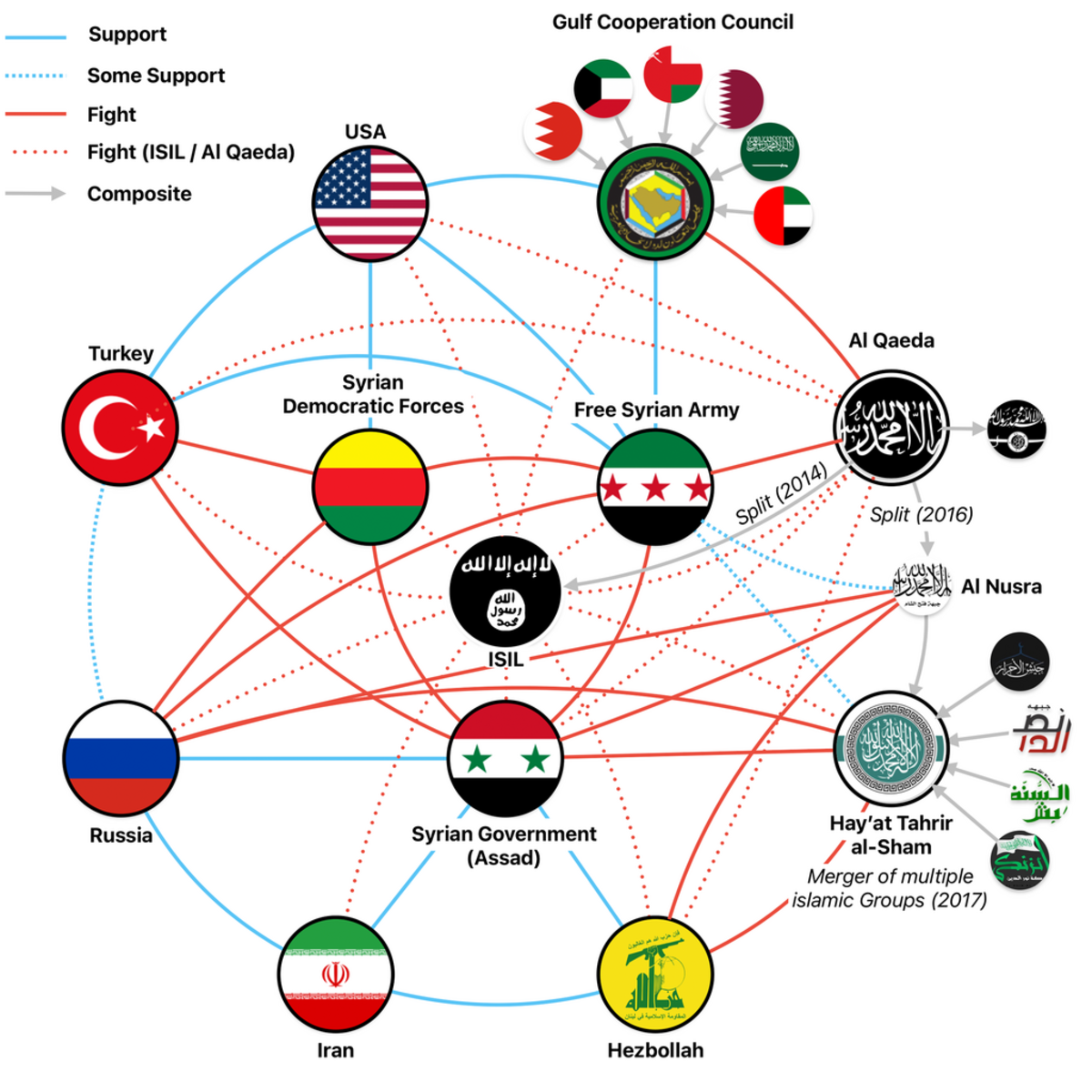Libya and the United Nations Intervention - A Caution about the No Fly Zone
No one would hopefully deny that anything which prevents bloodshed is a good thing, and on the surface, the United Nations Libyan No Fly Zone resolution is widely welcomed.
However, are things as straightforward as they seem? Is Gaddafi 'bad' and the opposition 'good'? Whilst on the surface, this seems to be the case, there are a couple of things which are worth considering.
Firstly, the opposition in other countries that have rebelled such as Egypt, Tunisia, Yemen and Bahrain have all been involved in relatively peaceful and unarmed demonstrations, whereas in Libya, the opposition is armed, albeit quite poorly compared to the Libyan Government. This in effect means that the resolution is not about protecting the Libyan people, a sizeable chunk of whom it would seem from the news, still support Gaddafi, but is actually supporting an opposing armed force. Also notable is the lack of will for a similar resolution to defend the population in places like Bahrain where the government is firing on protesters but is 'friendly' with Western governments.
A second issue is also a question of exactly who are the opposition and what do they want. There is a widely held presumption in the West that the opposition wants a Western style democratic government, though there seems to be little to verify this. The likelyhood, given the nature of the Libyan tribal system, is that the only thing they all have in common is a dislike of Gaddafi which begs the question; what will we get if the opposition win? Whilst this is a great 'unknown', there is little doubt that the West has not always been the best judge in who to back in the past.
During the late 50s to the early 80s Manuel Noriega worked with the CIA, manipulating US policies in Panama whilst building up a powerbase which led to his dictatorship from 1983 to 1989 before the US finally lost patience, somewhat bizarrely terminating his reign in power during 'Operation Just Cause' by forcing his capture by blasting loud rock music outside his compound!
Another good example is the US backing of the opposition forces in Afghanistan during the Soviet Occupation, which suited foreign policy at that time. Unfortunately, the opposition who were trained, and most probably armed, by the US turned out to be the Taliban!
This is not, of course, to say that the Libyan opposition should be compared to them but it does show what going in blind can result in. Perhaps the UN needs to be more cautious in order to avoid a fundamentalist revival in Libya.
Another possible path for the aftermath could simply be Civil war with tribe against tribe, with the potential anarchy and violence which is likely to ensue. We only have to look at the results of our interventions in Iraq to see that happening .
And this brings us to Oil, and Libya has lots of it, so important to the continuation of Western society. Whilst it may be cynical to suggest that this is intended to be a war to protect the oil, there can be little doubt that this is a factor in the minds of many governments supporting this action, and quite probably of those who don't. Whilst Gaddafi may be portrayed as a madman, there is also little doubt that he is a shrewd operator, adept at gathering Arab support with the right rhetoric and if he succeeds in convincing the Arab states that this resolution is just a cover for Western occupation, the current support from other Arab states for the UN resolution may well fade. He is likely to point out for example, that a 'no fly zone' resolution was not forthcoming as Israeli forces bombed Gaza in 2008/2009; a point that is likely to score him highly.
Whatever happens, it is likely to be a difficult period for the Libyan people, and for some time to come. The West and The United Nation's responsibility is not to make a bad situation worse for them, even if it makes us feel morally superior.
Update 23 Mar 2011
Since writing this article, the skies over Libya have been filled with planes and missiles from the West, targetting, largely successfully, the Libyan air defences. In many ways this would initially seem to be a positive for the West; however, a number of points need to be mentioned which indicate that this is a fragile 'success'
- The support of the Arab league appears to be waning with only Quatar now offering physical support. Egypt has expressed its dissaproval of the attacks stating that these are not covered in the 'no fly zone' agreement
- There appears to be some disagreement about who will take control of this operation. The US do not want to lead it and several people want NATO to take the lead, however, this is unpopular with the Arab League who feel that it could turn the support this campaign has in the Middle East against it
- A US helicopter which went in to rescue two US pilots who had crashed, fired on a crown of civilians who were helping the pilots, badly injuring 6 people. Although this does not seem to have lost any support, more incidents of this kind could well do.
- A major problem that is occuring is that, despite Gaddafi's troops being destroyed by the West, the rebel forces seem incapable of advancing or taking any advantage of this. There are also rumours of infighting amongst the rebels as to how to go about their aims, and indeed, possibly what there aims are.
- It now seems likely that in places such as Mistrata, that government forces are taking to street fighting in civilian areas. This leaves the West in a very difficult situation. Air strikes are useless in these situations, and if used are highly likely to cause high civilian casualties which would go against the stated aims of the UN treaty. Given the promise of no ground troops, this could leave the West flying planes over the no fly zones and ships pointing missiles but completely impotent to use them whilst government troops systematically kill their oponents.
The fifth point is particularly worrying and highlights the haste with which this treaty was drawn up. There seems to have been little forward thinking and leaves the UN and the West in a very difficult situation. Does it just sit and watch as government troops inevitably over run the rebellion and we go back to square one but with Gaddaffi's power strengthened or is a new resolution drawn up which allows for ground troops? If the latter is the case, it will be a worrying development for the countries involved, especially given the ongoing results in Iraq and Afghanistan.
And then of course, the situation in the Middle East is evolving all the time, with Syria now being one of the recent countries to fire on its own civilians.
This poses more and more issues for the West which probably does not have the stomach, the willpower or the moral right to be the World Police.

